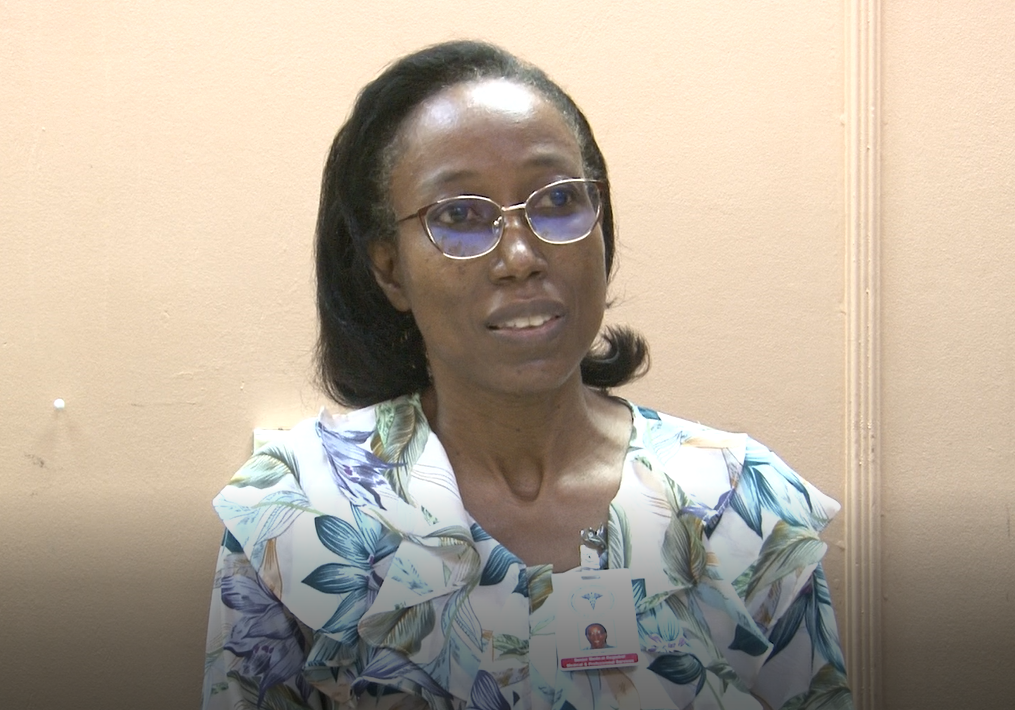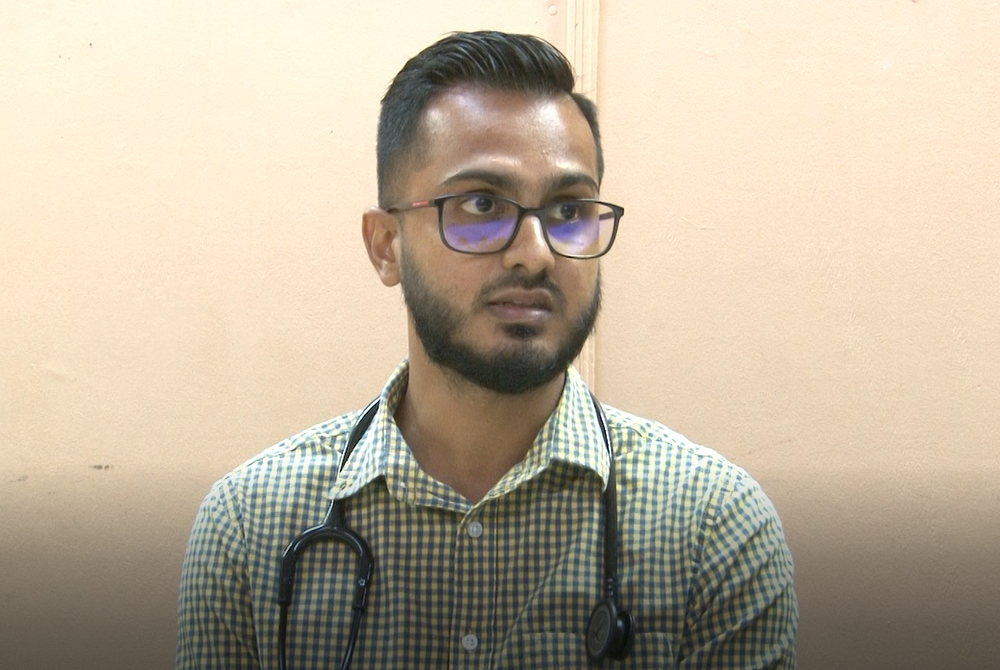Be vigilant for Lupus symptoms – Doctors urge
As Lupus awareness month comes to an end, a team of doctors at the Georgetown Public Hospital Corporation (GPHC) on Tuesday said that the chronic disease usually rears its head when persons hit their late teens.
Doctors Grace White and Baldeo Singh, during a press briefing at the hospital, explained that while mostly women are diagnosed with the disease, men must also be vigilant of symptoms.
Lupus is an autoimmune disease where the immune system fights against the cells in the body, which then affects various organs.
Dr White said, “our patients tend to present with some general symptoms like fevers, joint pains, anemia, and rashes and it is said lightly that any young female that presents with a rash, a fever, and joint pains is lupus until proven otherwise.
“We may have our general tests done and they may prove to have anemia, they may prove to have kidney dysfunction, and based on suspicion, we go on to order anti-body tests.”

The doctors said persons tend to see symptoms during their late teens and early 20s; persons who show symptoms, including the common ‘butterfly rash’, joint pains, and fevers, are assumed to have the disease until tests can prove otherwise.
“Sometimes there can be a pattern of two peaks; there are some patients that present just after puberty or in that age group and there is another peak somewhere in the middle-aged groups,” Dr White said.
Importantly, the doctors assured that with early detection and treatment, patients can lead a healthy life with fewer chances of flares or remission. According to Dr. Singh, the aim is to get persons treated so as to reduce the number of flares.

“To prevent flares, it would be hydroxychloroquine and then if they are having flares, there is a type of steroid that is very active and good in preventing flares,” Dr Singh said. But he noted that there are many side effects such as hair loss and sensitivity to light exposure.
The doctors have advised persons to seek immediate medical attention if they notice any symptoms caused by lupus. The GPHC’s Rheumatology department treats and manages a broad range of conditions, including inflammatory (rheumatic) disorders that affect muscles, joints, and bones. Health Centres can refer persons there.
Some common lupus symptoms include but are not limited to:
Muscle and joint pain
Fever
Rashes
Chest pain
Hair loss
Sun or light sensitivity
Kidney problems
Mouth sores






